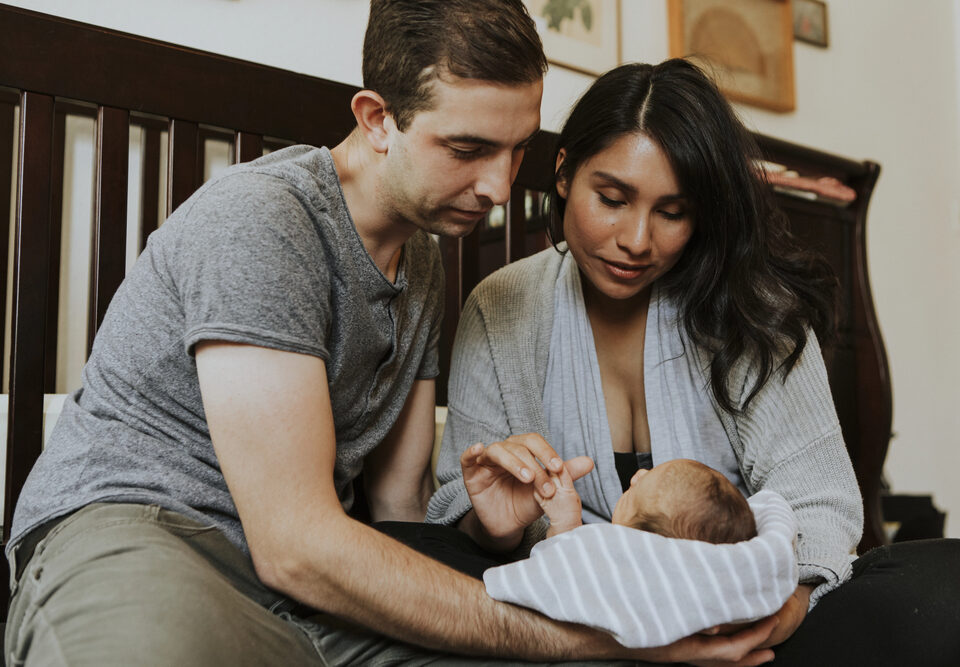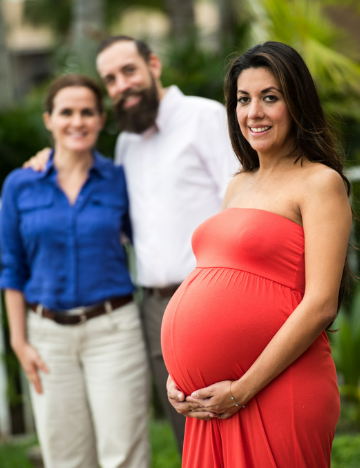Lesbian Couple’s IVF Baby Recognized for the First Time in Italy
五月 11, 2018Surprising Supreme Court Ruling In Same-Sex Wedding Cake Case
六月 6, 2018In Response To The Recent Washington Post Article: Surrogate Mothers ask Supreme Court to Stop ‘Exploitation’ of Women and Babies
A recent Washington Post article covered the story of three separate women, all of whom had served as gestational carriers. The women, from different parts of the country, are on a quest to challenge surrogacy contracts as documents that are “exploitative to the birth mothers, create a class of women as breeders and commodify children.” The women are taking their challenge to the U.S. Supreme Court.

The women’s specific experiences differ from one another, but they share a common thread: All three women claim that placing the children they carried with the individuals and couples with whom they had entered into surrogacy agreements was not in the best interests of those children.
An attorney for one of the women, who carried triplets for a single man using a donor egg, is quoted in the article as stating that as the mother to triplets she had a right to object to the children being placed in a situation she didn’t feel was in their best interest. That sentiment was apparent in the stories of the other two women too, who each carried children using the intended father’s sperm and donated eggs.
The reality is that none of these women was actually the biological mother to the children they carried. In each case, the eggs they used were eggs donated from other women. Of course, U.S. courts award parental rights to non-biological parents on a regular basis, when children are legally adopted.
However, the fundamental difference between surrogacy and adoption scenarios is the intention of the parties. The nature of the relationship of the gestational carrier to the child or children they carried in these cases was never intended to give rise to a parent/child relationship. In each case, the gestational carrier and the intended parent(s) entered into surrogacy contracts which outlined the terms of their understanding and agreement.
It is also worth noting that, while surrogacy laws differ from state to state, women entering into surrogacy contracts with individuals or couples in the U.S. typically have many legal rights protecting them. The women taking their cases to the Supreme Court allege they felt exploited because of their surrogacy agreements. That’s an outcome that no woman should have to face, of course, but it’s one that also strains the imagination based on the protections most states’ surrogacy laws provide.
Some states require gestational carriers and surrogates to obtain their own counsel to represent their interests, and mandate counseling. When women enter into surrogacy contracts through agencies, there are medical and psychological screenings, financial verifications, and an emphasis on ensuring the parties understand current laws, potential risks, and intended outcomes.
Individuals and couples who want to grow their family through surrogacy should be able to rely on the contractual nature of the relationships they enter into with the women who agree to carry their babies for them. To award custody or other parental rights to gestational carriers who knowingly and willingly enter into surrogacy contracts with intended parents would go against the principles our surrogacy laws were based on.



